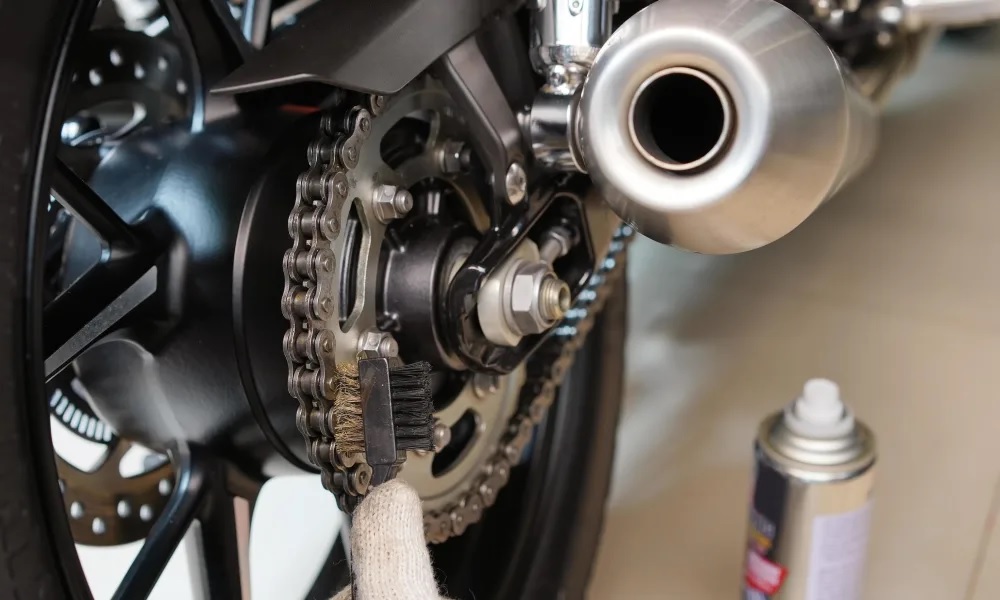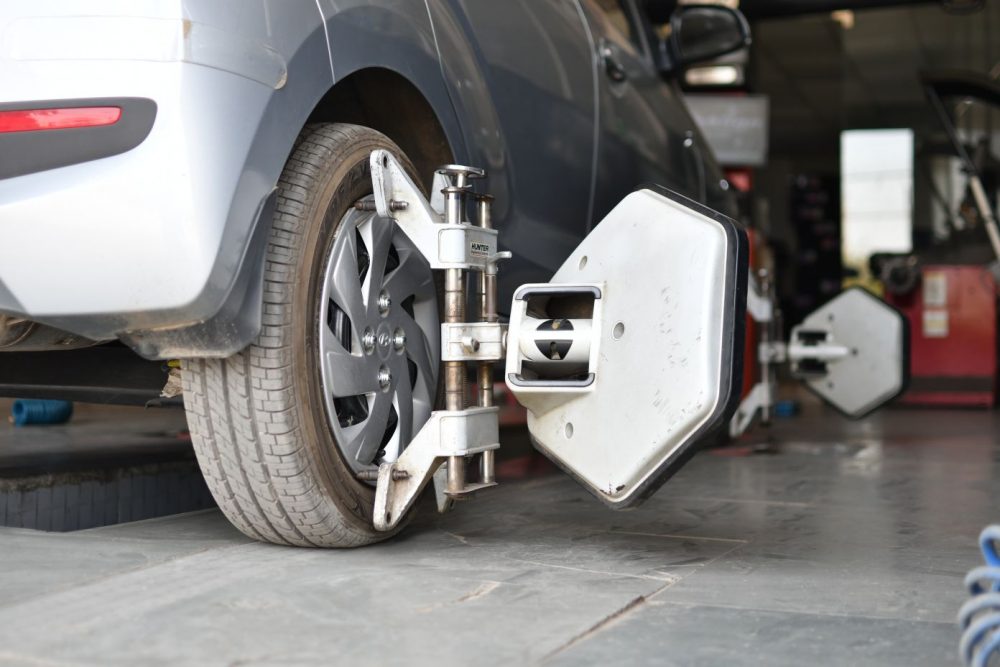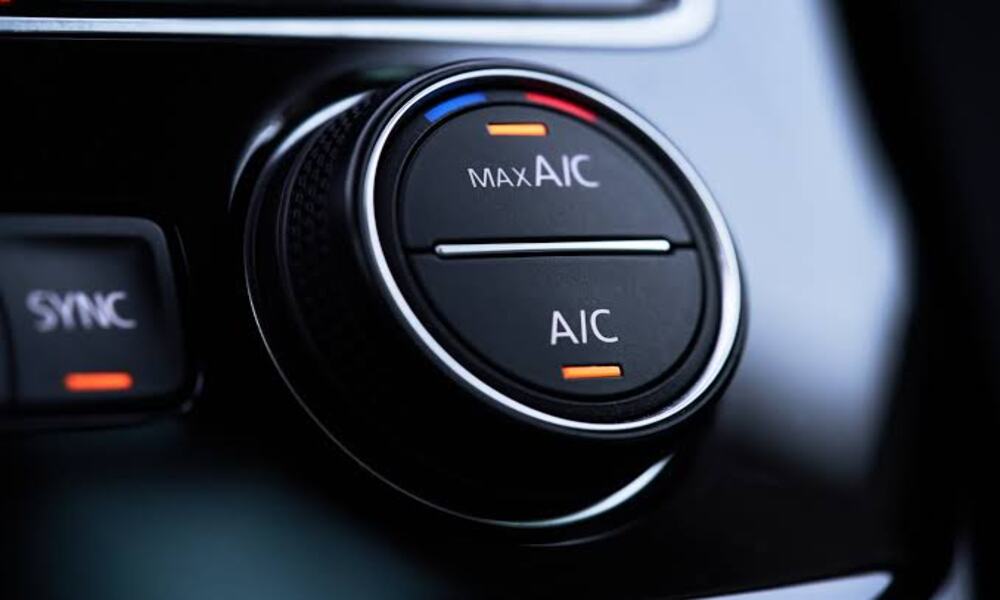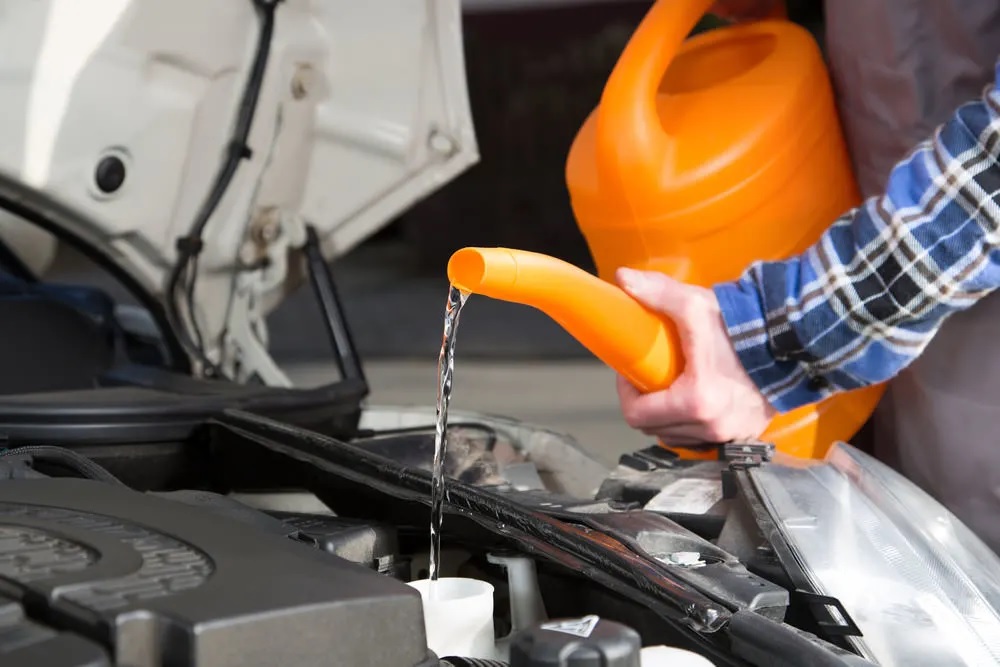As a motorcycle owner, it’s important to understand the essential role of lubrication in maintaining your bike’s performance. Proper lubrication helps to reduce friction and wear on the moving parts of your motorcycle’s engine, transmission, and other critical components, which can extend the life of your bike and prevent costly repairs.
How Lubrication Works
Lubrication works by creating a thin film or layer of oil between moving parts, which reduces friction and wear. The oil also helps to dissipate heat and carry away debris or contaminants that can cause damage or build up over time.
There are several types of lubricants available for motorcycles, including mineral oils, synthetic oils, and semi-synthetic oils. The type of oil you choose will depend on your specific motorcycle’s needs, as well as your riding style and conditions.
The Importance of Regular Oil Changes
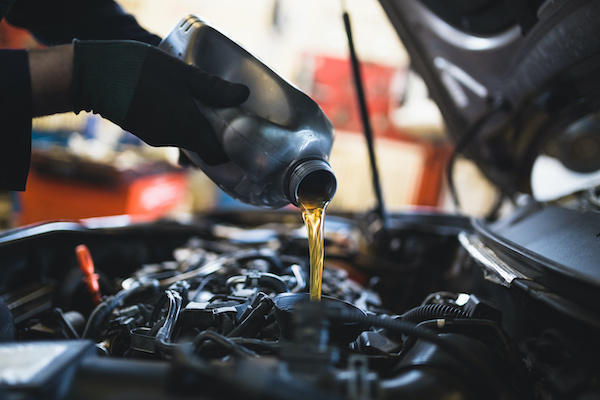
One of the most important aspects of maintaining proper lubrication in your motorcycle is to perform regular oil changes. Over time, the oil in your bike can break down, become contaminated, or lose its lubricating properties, which can lead to engine damage and reduced performance.
Most motorcycle manufacturers recommend changing the oil every 3,000 to 5,000 miles, depending on the type of oil and riding conditions. However, if you frequently ride in extreme temperatures or dusty conditions, you may need to change your oil more frequently.
Other Lubrication Points to Consider
In addition to regular oil changes, there are several other lubrication points on your motorcycle that should be checked and maintained regularly. These include:
- Chain lubrication – Your motorcycle’s chain helps to transfer power from the engine to the rear wheel, and proper lubrication is essential for smooth operation and to prevent wear and tear. Use a high-quality chain lubricant and apply it according to the manufacturer’s recommendations.
- Fork oil – The fork oil in your motorcycle’s front suspension helps to absorb bumps and maintain stability while riding. Check your bike’s owner’s manual for recommended fork oil change intervals and procedures.
- Brake fluid – Your motorcycle’s brakes rely on hydraulic fluid to operate, and proper lubrication is essential for safe and effective braking. Check your brake fluid level regularly and replace it according to the manufacturer’s recommendations.
Conclusion
Proper lubrication is essential for maintaining your motorcycle’s performance and preventing costly repairs. By performing regular oil changes and checking other lubrication points on your bike, you can extend the life of your motorcycle and enjoy a smoother, safer ride.

